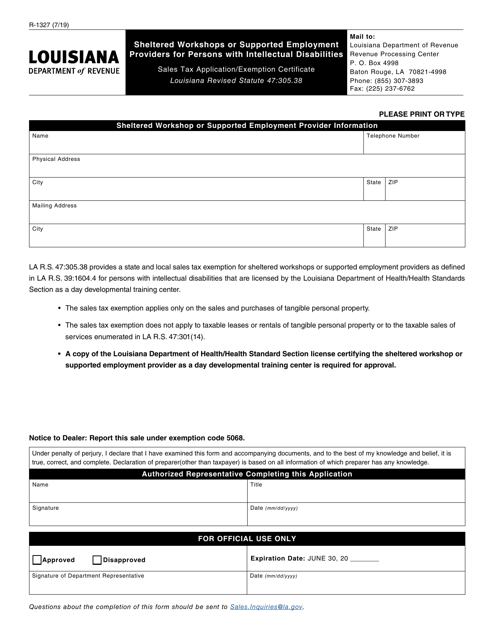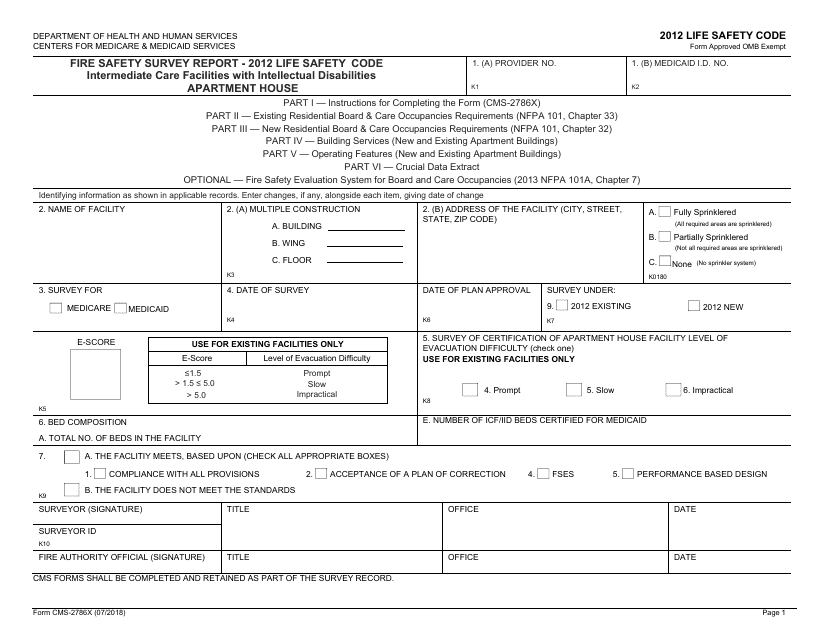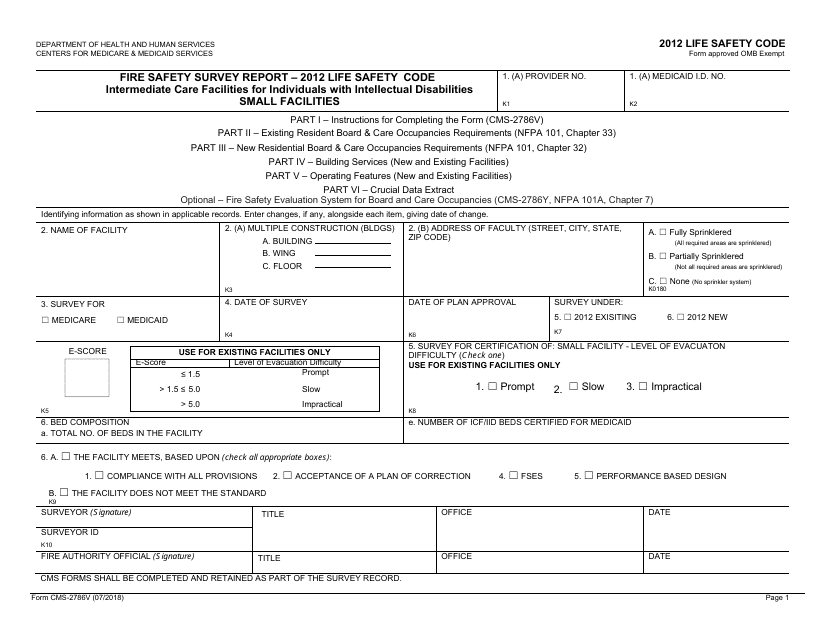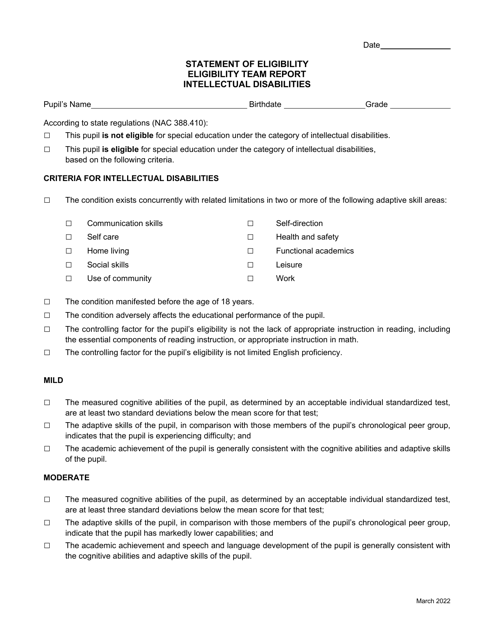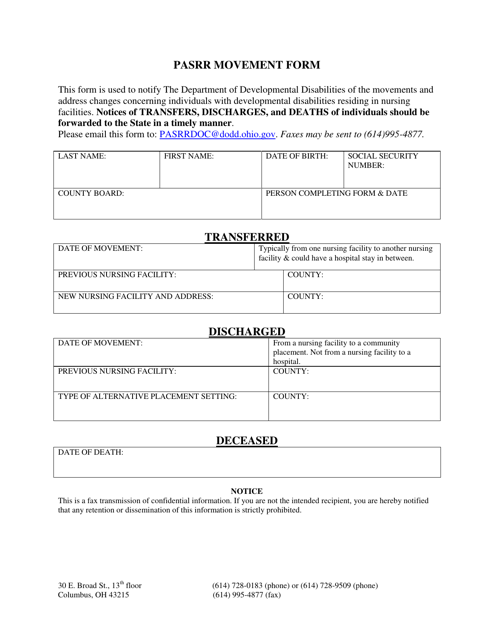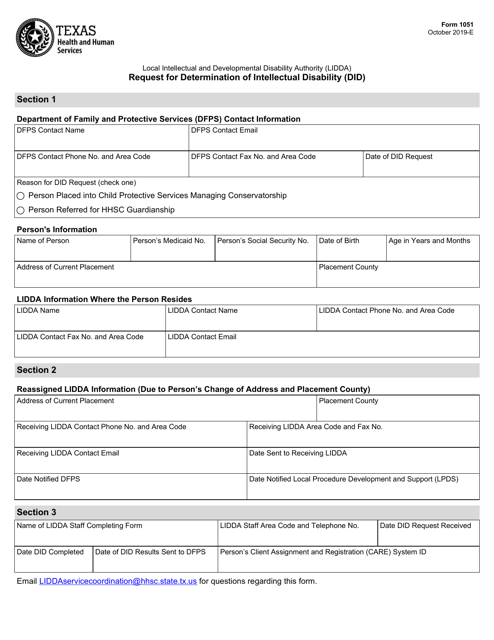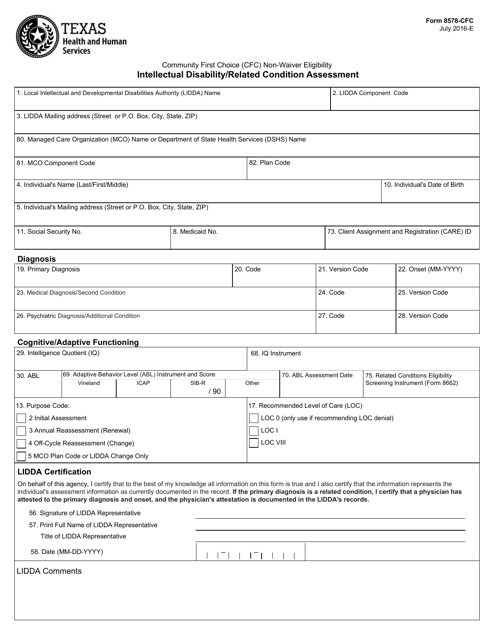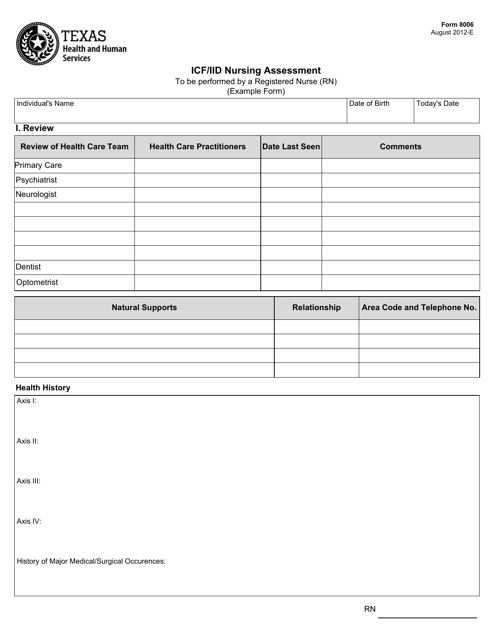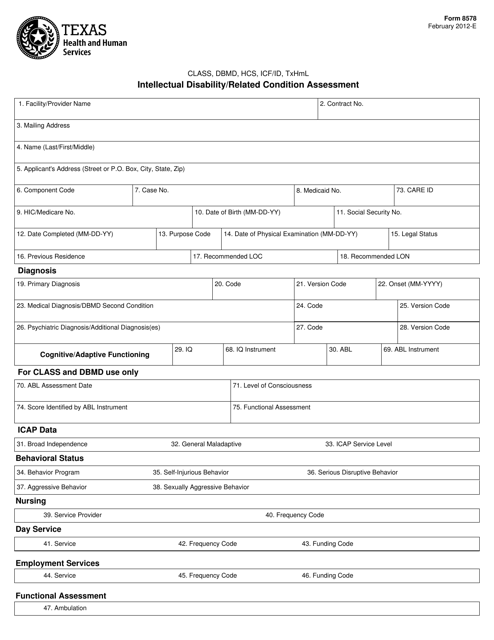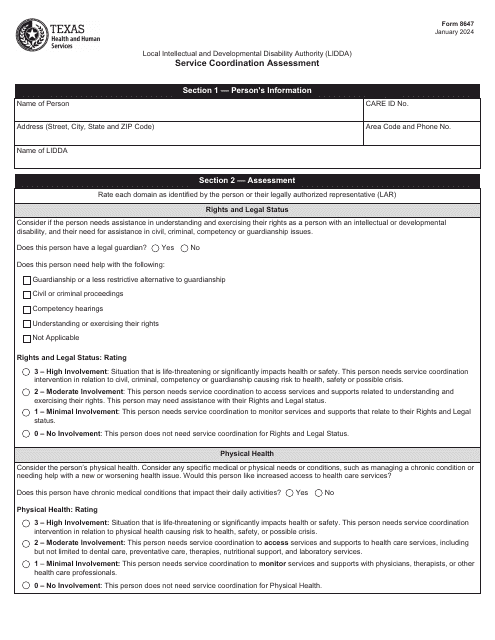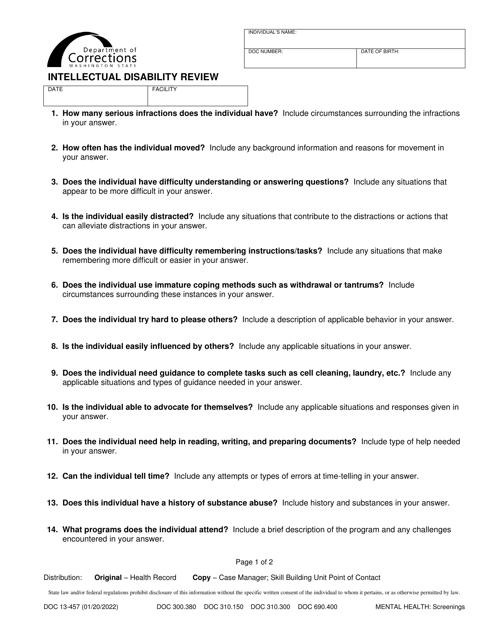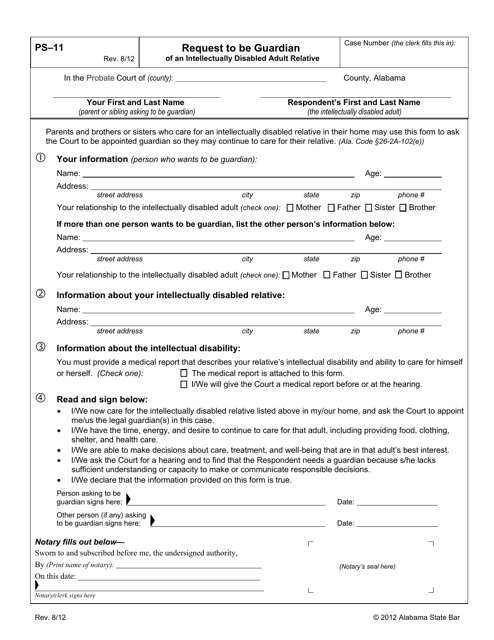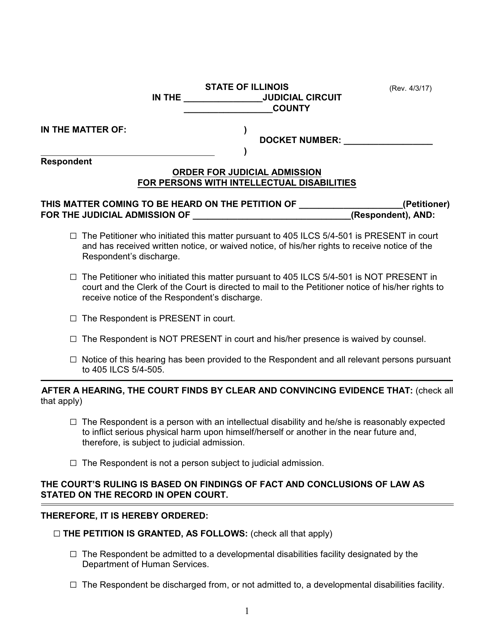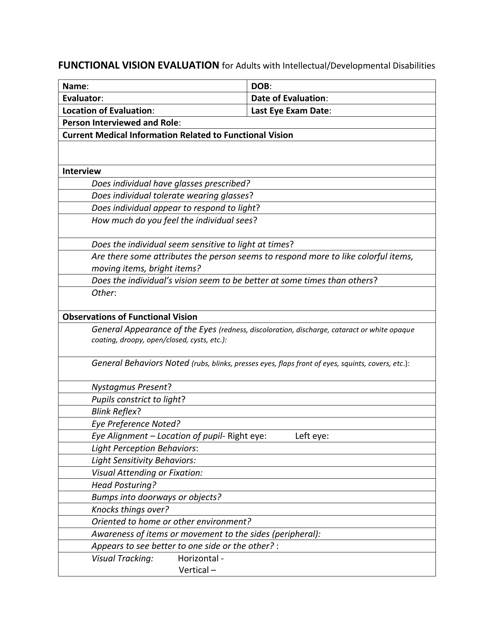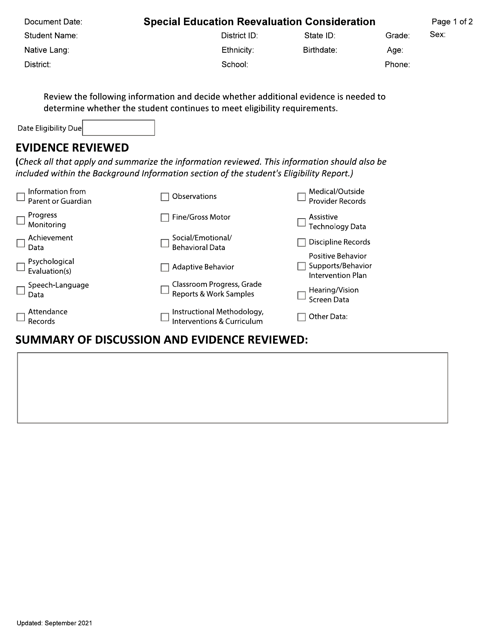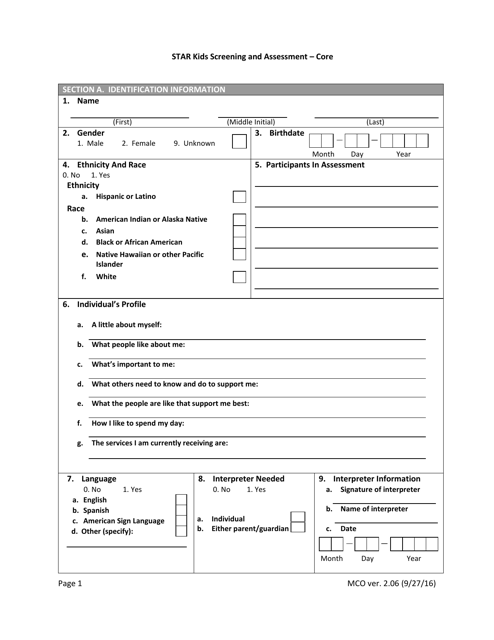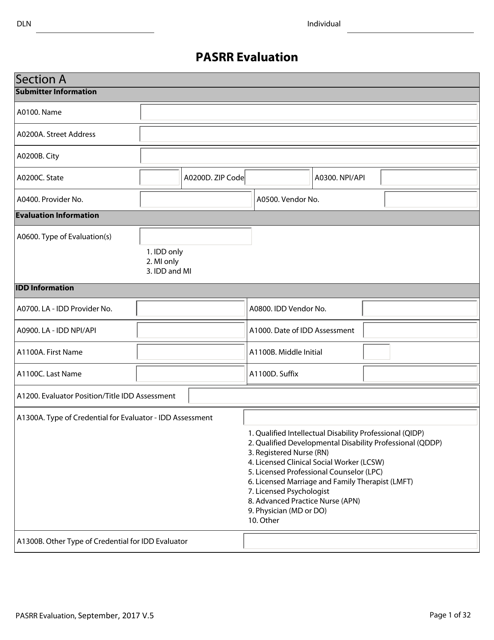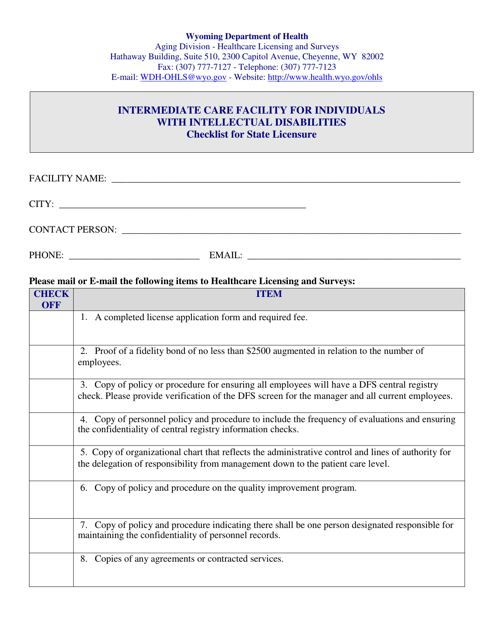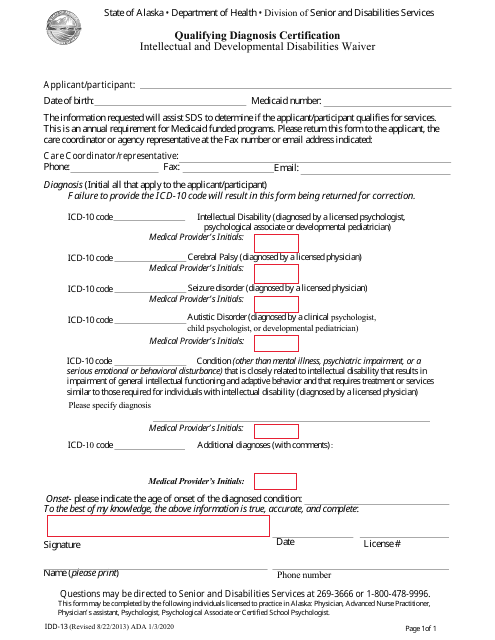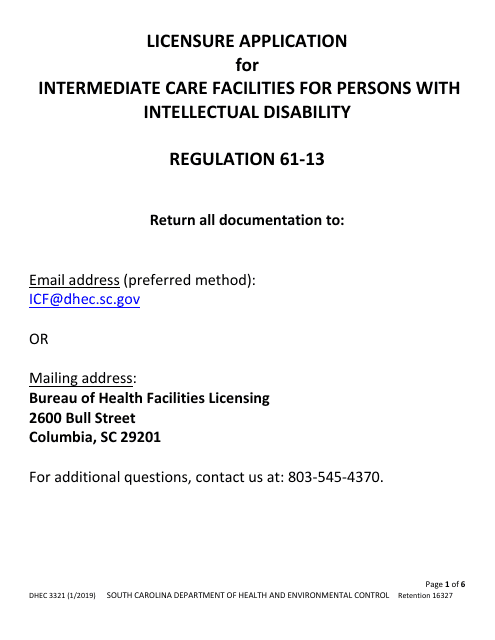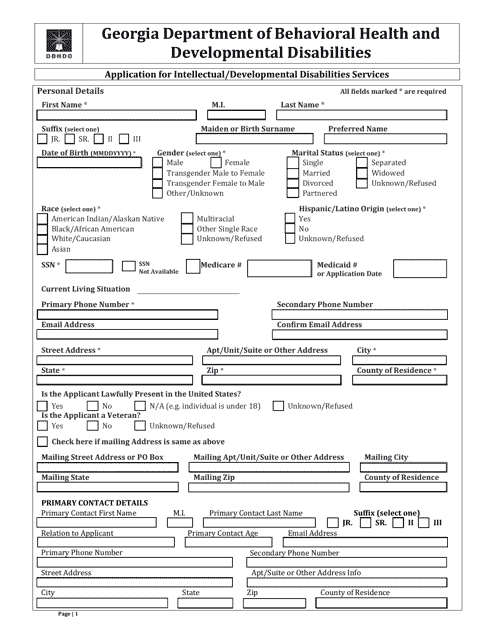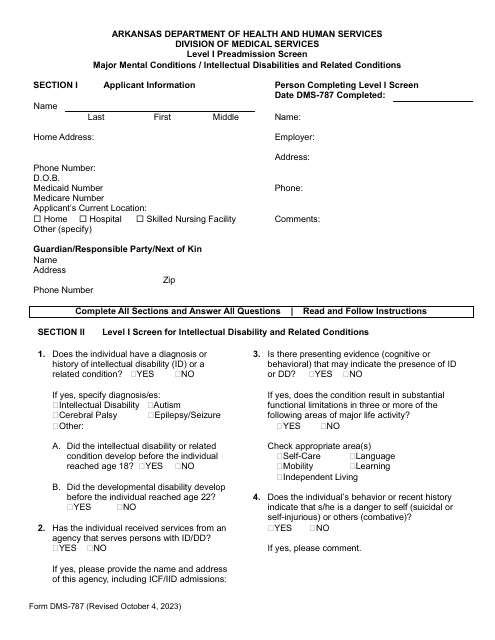Intellectual Disability Templates
Welcome to our webpage on intellectual disability, also known as intellectual disabilities or intellectually disabled. This document group provides invaluable resources and information for individuals, families, educators, and professionals who are involved in supporting and advocating for individuals with intellectual disabilities.
Our collection includes various documents that cover a wide range of topics related to intellectual disability. Whether you're looking for information on eligibility criteria, evaluations, surveys, or preadmission screens, we have you covered.
For instance, we have the Form CMS-2786V Fire Safety Survey Report - Intermediate Care Facilities for Individuals With Intellectual Disabilities (Small Facilities) - 2012 Life Safety Code. This document outlines the necessary safety measures and regulations that must be followed in caring for individuals with intellectual disabilities in small facilities.
In addition, we offer the Statement of Eligibility - Intellectual Disabilities - Nevada, which provides individuals with the necessary documentation to access specialized services and support for their intellectual disabilities in the state of Nevada.
For individuals in Texas, we have the Form 1051 Request for Determination of Intellectual Disability (Did). This document assists individuals in requesting an official determination of their intellectual disability, which can open doors to various support services and accommodations.
If you're looking for information on vision evaluations for adults with intellectual/developmental disabilities, our document titled Functional Vision Evaluation for Adults With Intellectual/Developmental Disabilities - New Mexico provides guidance on conducting comprehensive assessments to better understand an individual's visual abilities and needs.
For those in Arkansas, our Form DMS-787 Level I Preadmission Screen - Major Mental Conditions/Intellectual Disabilities and Related Conditions serves as a valuable tool in the preadmission process for individuals with major mental conditions, intellectual disabilities, and related conditions.
We understand the importance of having easy access to relevant and accurate information about intellectual disabilities, which is why we have compiled this comprehensive document collection. Feel free to explore our resources and find the information you need to support individuals with intellectual disabilities.
Documents:
29
This form is used for conducting a fire safety survey for intermediate care facilities with intellectual disabilities that are apartment houses. It follows the 2012 Life Safety Code.
This Form is used for reporting the results of fire safety surveys in small intermediate care facilities for individuals with intellectual disabilities. It follows the 2012 Life Safety Code guidelines.
This document is used for filing a verified petition to involuntarily hospitalize someone with a mental illness or involuntarily admit someone with an intellectual disability in the state of Kentucky.
This document is a specialized form used for tracking visits made by Qualified Intellectual Disabilities Professionals (QIDPs) in the state of Idaho. It helps ensure proper documentation and oversight of services provided to individuals with intellectual disabilities.
This Form is used for the Pasrr Movement Program in the state of Ohio. The Pasrr Movement Program aims to assess the need for specialized services for individuals with mental health illnesses and developmental disabilities. This form helps in the identification and coordination of appropriate services for individuals in Ohio.
This Form is used for pre-assessment screening and resident review in Vermont for individuals with mental illness, intellectual disability, or related conditions.
This form is used for requesting a determination of intellectual disability in the state of Texas. It is used to assess whether an individual meets the criteria for intellectual disability as defined by law.
This form is used for assessing the eligibility of individuals with intellectual disability or related conditions for the Community First Choice non-waiver program in Texas.
This form is used for conducting a comprehensive nursing assessment for individuals receiving services through the Intermediate Care Facility for Individuals with Intellectual Disabilities (ICF/IID) in Texas.
This form is used for assessing intellectual disability or related conditions in the state of Texas. It helps to determine eligibility for certain programs and services.
This form is used for requesting to become the legal guardian of an intellectually disabled adult relative in Alabama.
This document is used for placing persons with intellectual disabilities under judicial admission in the state of Illinois. It ensures proper legal procedures are followed for the wellbeing and protection of these individuals.
This document provides guidelines for conducting a Functional Vision Evaluation specifically for adults with intellectual or developmental disabilities in the state of New Mexico. It helps assess their visual abilities and create appropriate strategies for improving their functional vision.
This document is used for screening and assessing the needs of children in Texas who may be eligible for special education services.
This document is used for pre-admission screening and resident review for individuals with serious mental illness, intellectual disabilities, or related conditions in Washington, D.C.
This document is a Pasrr Evaluation specific to the state of Texas. It is used to assess the need for specialized services for individuals with mental illness or intellectual disabilities.
This checklist is used for obtaining state licensure for Intermediate Care Facilities for Individuals with Intellectual Disabilities (ICF/IID) in Wyoming. It outlines the requirements and guidelines that must be met to obtain the necessary license.
This Form is used to apply for Intermediate Care Facilities for Persons With Intellectual Disability in South Carolina.
This form is used for applying for intellectual and developmental disabilities services in the state of Georgia, United States. It is provided by the government to help individuals with intellectual or developmental disabilities access the necessary services and support they need.

